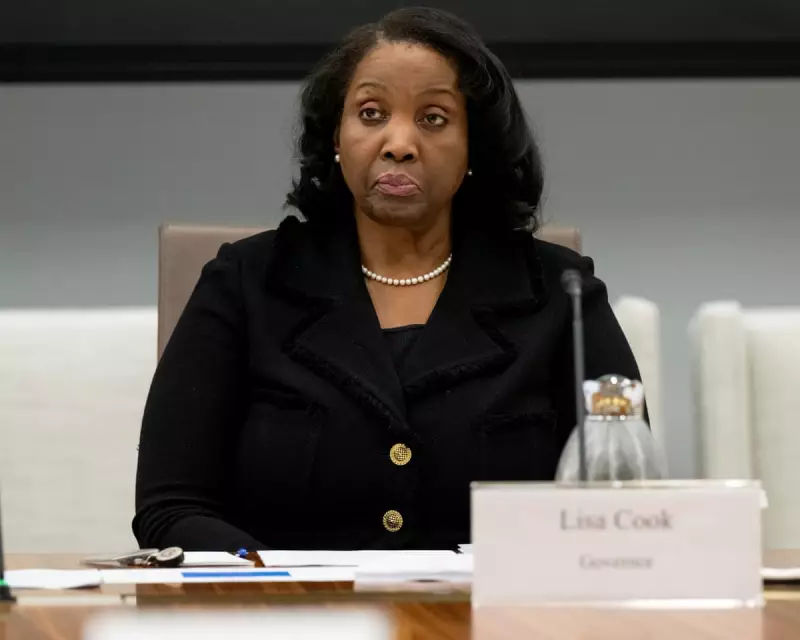
In a move that has sent tremors through the global financial system, President Donald Trump has abruptly terminated the term of Federal Reserve Governor Lisa Cook. The dismissal marks an unprecedented escalation in the President's long-standing campaign to bend the independent US central bank to his political will.
The announcement, delivered late on Monday, cited a 'clear divergence in vision for the nation's economic prosperity' and a failure to adhere to the administration's strategic goals. This direct intervention into the sanctum of monetary policy is being viewed by economists and political analysts as a dangerous breach of the Fed's cherished independence.
Immediate Market Jitters and Fears of Political Overreach
Financial markets reacted with immediate unease. The US dollar experienced heightened volatility as investors grappled with the implications of a Federal Reserve potentially under direct pressure from the White House. The very foundation of central banking—setting interest rates free from political cycles—is now under threat.
'This is a watershed moment,' commented one City of London analyst. 'The independence of the Fed has long been a bedrock of global financial stability. To see a sitting governor removed for not toeing the political line is deeply concerning for investors worldwide.'
A Pattern of Confrontation
Governor Cook's firing is not an isolated incident but the culmination of years of public criticism from Trump towards the Fed's policy decisions. He has frequently lambasted its approach to interest rates, particularly during his first term, arguing that it hampered economic growth.
Dr. Cook, a respected economist and the first Black woman to serve on the Fed's board, was a notable voice advocating for a cautious approach to interest rate cuts, emphasising the need to keep inflation firmly in check. This stance appears to have put her on a collision course with the President's desire for aggressively stimulative monetary policy.
What Happens Next?
The immediate question gripping Washington and financial capitals from London to Tokyo is who will replace Dr. Cook. The administration is expected to move quickly to nominate a candidate who aligns more closely with its economic agenda, potentially shifting the balance of power within the Fed for years to come.
This bold power play raises profound questions about the future of US economic leadership and its ripple effects on the global stage, setting a tense backdrop for the upcoming Fed policy meetings.




